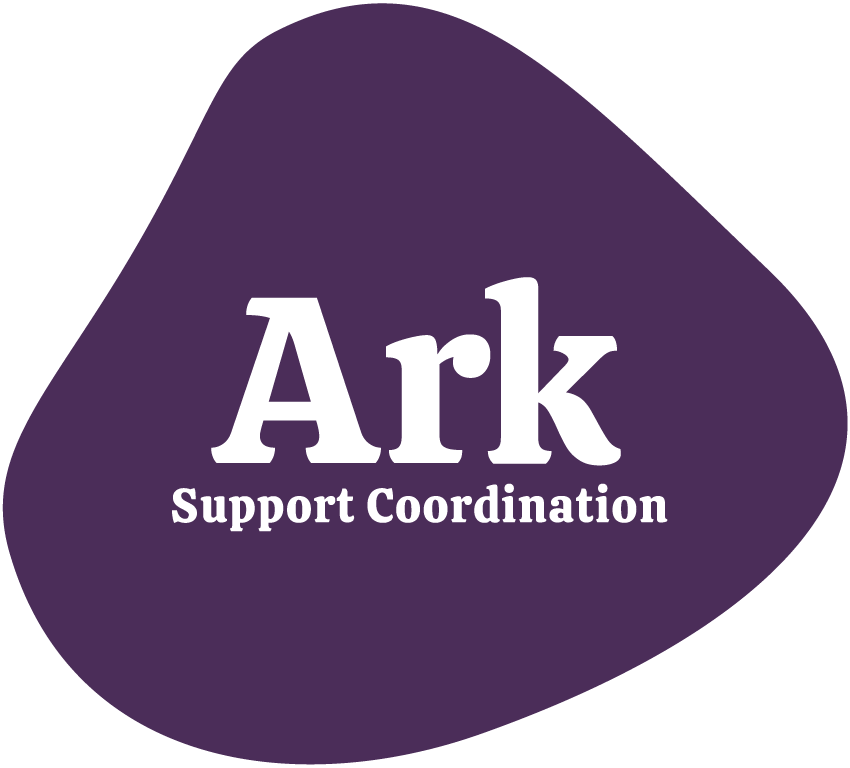Parenting a Child With Complex Medical Needs
Raising a child is a transformative experience blending joy, a deep sense of meaning, stress, exhaustion, and seemingly never-ending chaos. The extreme highs and lows of life as a parent make the experience rewarding but tough.
Parenting is an ongoing challenge to grow, improvise, and juggle many social and professional roles with the new role of “parent”. The juggling routine is complicated for all parents, but for families of children with complex health needs, it is overwhelmingly intense.
Wearing many hats: parenting roles when raising a child with complex needs
Without lived experience, it can be hard to understand the daily demands placed on parents who raise children with complex, rare diagnoses and various comorbidities. There are enormous differences from traditional parenting challenges, as many parents report taking on new complicated roles to support their child.
These additional parenting roles include:
Health care provider: supporting their child by using complex medical equipment to perform procedures regularly.
Case manager: coordinating the aspects of their child’s care.
Student: continuously learning about their child’s conditions and treatment through research and lived experience.
Teacher: sharing knowledge about their child’s complex or rare diagnoses with the health care team.
Detective: figuring out new ways to learn about their child’s needs and inner state when traditional parenting tools are not enough.
Advocate: standing up for their child and ensuring their interests and self-worth are respected and needs are met (Woodgate et al., 2015).
Cost of intense parenting: parents’ mental health and beyond
Parents of children with complex health needs are impacted by the intensity of daily physical, mental, and emotional challenges. Overall, they report higher levels of parental stress, negative agitation, physical health issues and social isolation than parents of typically developing children (Feizi et al., 2014). Support services are available, but research has shown that they fail to fully meet the families’ needs (Woodgate et al., 2015).
In Australia, the lack of complimentary non-medical services serving the multifaceted social, emotional, and spiritual needs of families is highlighted as a major gap in the current state of disability support (Reimagine Australia, 2020).
This leaves parents alone to cope with the workload of managing their child’s health, but also with complicated feelings like regret, grief, guilt, anxiety about the future, and disengagement from their child because of behavioural or communication differences (Feizi et al., 2014). Parents may struggle with the shame and stigma of acknowledging these thoughts, finding it difficult to talk about when many people in their lives don’t share similar experiences.
Why coping matters
A parents’ ability to cope with the demands of caring for a child with complex needs is crucial for the whole family's well-being. How parents feel about their child’s disability, the coping strategies they develop, ability and space to address difficult feelings like guilt and grief, and availability of accessible information about various forms of support have been linked to better developmental and medical outcomes for the child, as well as improved wellbeing and sense of meaning for the parents (Trute et al., 2007).
However, focusing on coping while juggling the many roles parents take on can seem unrealistic, and the inability to find time or energy for it can generate more guilt. These families need external support that is centralised, accessible, and allows for delegation of care roles, as well as the development of parental self-care and coping strategies, addressing emotional load, and development of social connections (Feizi et al., 2014), (Trute et al., 2007), (Woodgate et al., 2015).
Polina NechaevaReferences
Feizi, A., Najmi, B., Salesi, A., Chorami, M., & Hoveidafar, R. (2014). Parenting stress among mothers of children with different physical, mental, and psychological problems. Journal of research in medical sciences, 19(2), 145-152.
Reimagine Australia. (2020). A NATIONAL ACTION PLAN TO 2030 SUPPORTING OUTCOMES FOR CHILDREN WITH DISABILITY OR DEVELOPMENTAL DELAY AND THEIR FAMILIES.
Trute, B., Hiebert-Murphy, D., & Levine, K. (2007). Parental appraisal of the family impact of childhood developmental disability: Times of sadness and times of joy. Journal of intellectual & developmental disability, 32(1), 1-9.
Woodgate, R. L., Edwards, M., Ripat, J. D., Borton, B., & Rempel, G. (2015). Intense parenting: A qualitative study detailing the experiences of parenting children with complex care needs. BMC pediatrics, 15(1), 197-197.
